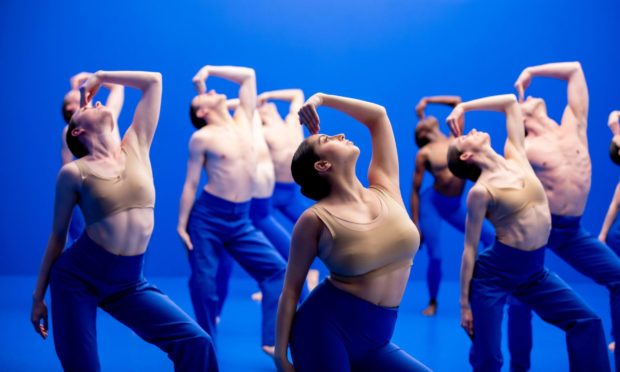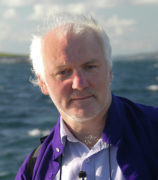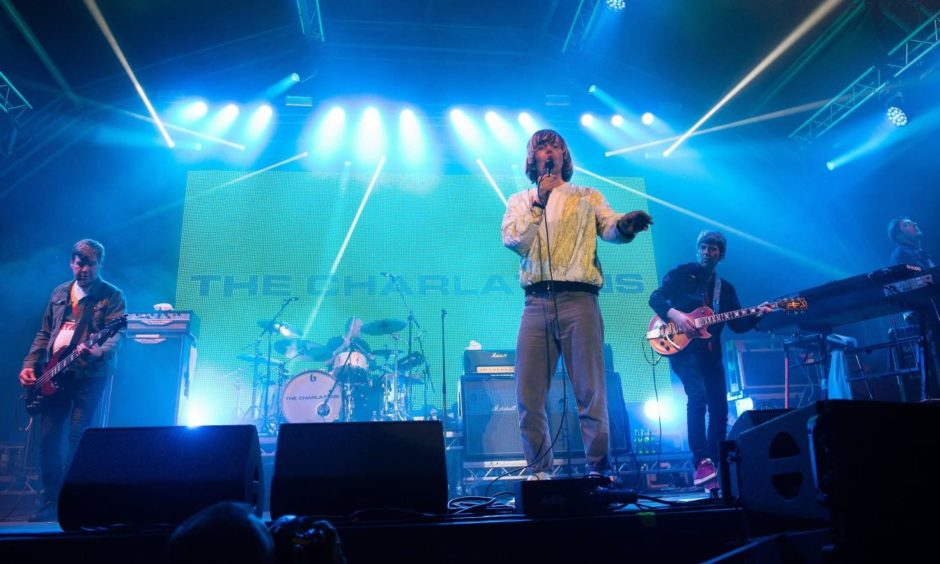The Conservative government’s plans to cut the funding to arts subjects at higher education level in England by 50% is outrageous.
I know it’s in England, but these are my sisters and brothers and friends, whose futures are being further closed off by an administration which makes the Philistines themselves seem like Homeric artistic heroes.
In the effort to “save” £17 million a year, music, dance, drama, performing arts and archeology will no longer be “strategic priorities”. As if they ever were, under a government which appears to value hoovers and wallpaper more than harmony and writing.
It’s not, after all, as if there isn’t money around. There was £20 billion spent on a ropey test and trace scheme, and it looks as if there’s another £200 million or so down the back of the sofa to build a new royal yacht. It’s not so much that there is a magic money tree, but a whole forest, apparently, when your friends need it.
Music and literature have kept us going – they are a key priority
I’d have thought that even the self-serving Tory government might have learned the true value of the arts during the pandemic. Sure, thanks to scientists, the Covid-19 vaccines have been a magnificent success, but during those long dark days what has kept the rest of us going? What has kept the nation’s mental health on a reasonably even keel? I’ll tell you – the environment and the arts.
All of us have been blessed by the walks we’ve been able to take. Down the quiet city streets and through the empty parks or, for those of us who live in the country, down to the shoreline, through the forest tracks, across the open hills and moors.
A sight of a deer or a fish leaping in the stream or the recent blossoming of the primroses and the call of the cuckoo (heard here in Wester Ross this week) gladdens the heart and lifts the mind and spirit.
Through this long, harrowing year we have all, surely, gained strength and solace from a book or from some music or drama
As do the arts. Through this long, harrowing year we have all, surely, gained strength and solace from a book or from some music or drama – from those very things that the government are dismissing as “not strategic priorities”.
Whether Shakespeare or Sorley MacLean, Mozart or MacCrimmon, literature and music and drama and dance and painting and all the rest of the arts ought to be central strategic priorities for any government interested in the health and wellbeing and development of its citizens.
The arts pay their own way
Was that not Churchill’s argument – someone who Boris Johnson (apparently) models himself on? In much the same way as I model myself on Rudolf Valentino, I suppose. When it was suggested to Churchill that the theatres should be closed down at the height of the Blitz he refused, saying: “Isn’t that we’re fighting for – our civilisation?”
I’m glad to have a full quote from Churchill in remarks he gave to the Royal Academy on April 30 1938:
“The arts are essential to any complete national life. The State owes it to itself to sustain and encourage them. Art lights the path and links the thoughts of one generation with another, and in the realm of price holds its own intrinsic value with an ingot of gold.
“Ill fares the race which fails to salute the arts with the reverence and delight which are their due.”
Drama asks difficult questions, music poses awkward challenges, dance mocks the stilted performances of those suited politicians who feel like stone in its fluid presence
Can you imagine the weasel Gavin Williamson making such a speech? Or his boss? For it’s not even as if they can sustain their own mean financial argument. Not only are the arts necessary for our human growth and wellbeing, but even by a small accountant’s wee calculator, they pay.
In 2019, music was worth £5.8 billion to the UK. That same music industry employed 197, 168 people, added an export revenue of £2.9 billion to the economy.
Dangerous for right-wing governments
But the arts are dangerous for right-wing governments. They are pesky things which continue to challenge the status quo and the accepted narratives. Drama asks difficult questions, music poses awkward challenges, dance mocks the stilted performances of those suited politicians who feel like stone in its fluid presence.
I call on Blake as my final witness, who asked if Jerusalem was builded there among those dark Satanic Mills. Here’s a rallying cry for us all:
“Bring me my Bow of burning gold:
Bring me my arrows of desire:
Bring me my Spear: O clouds unfold!
Bring me my Chariot of fire!
“I will not cease from Mental Fight,
Not shall my sword sleep in my hand:
Till we have built Jerusalem,
In England’s green & pleasant Land.”
Angus Peter Campbell is an award-winning writer and actor from South Uist


